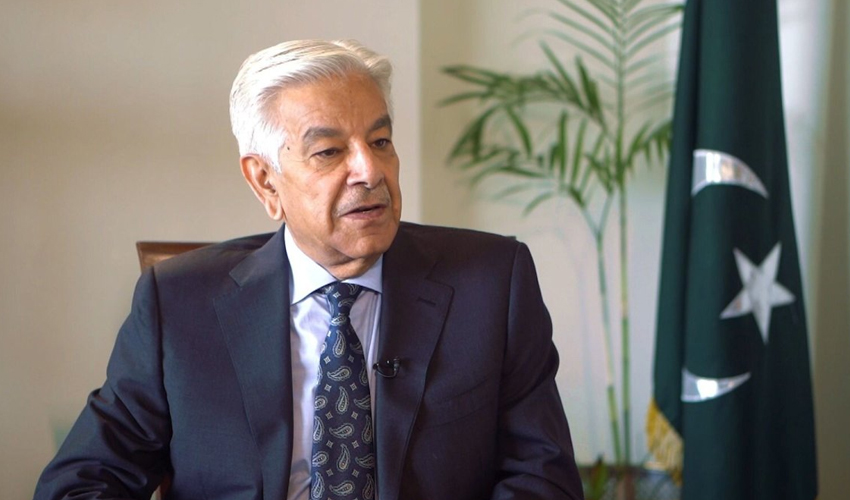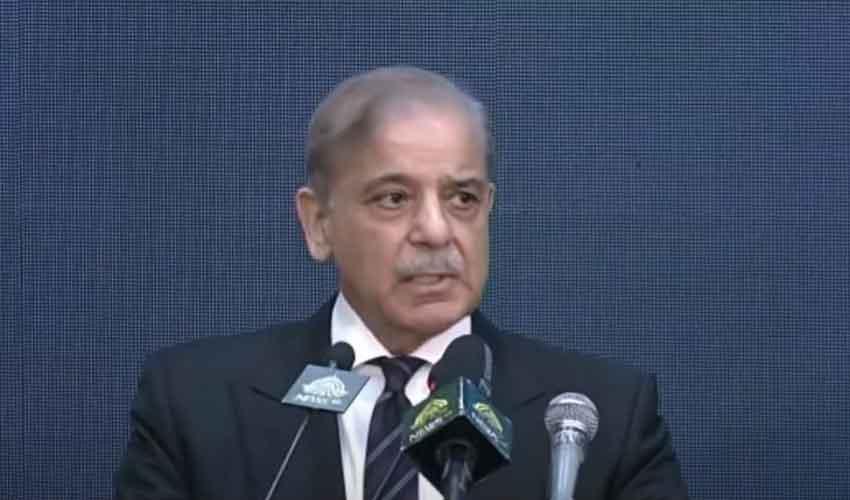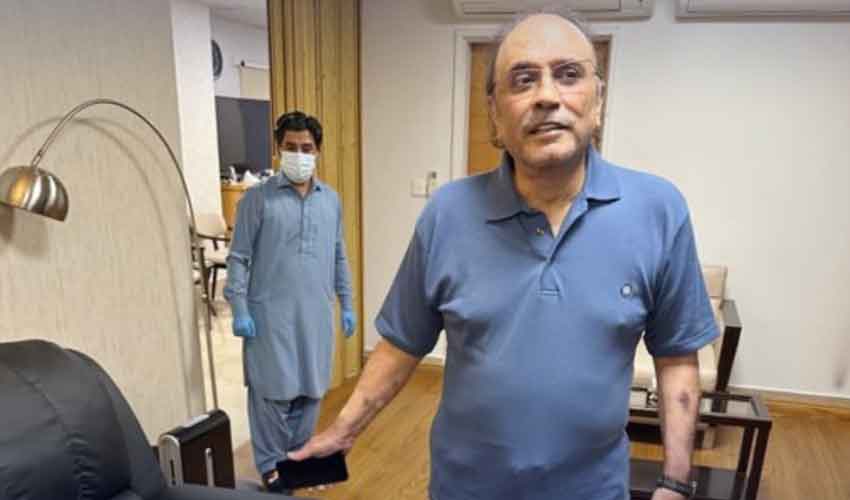Federal Minister of Defense Khawaja Asif has strongly criticized a recent resolution by the American House of Representatives, urging the US to address its own domestic issues before interfering in Pakistan’s affairs.
In an exclusive interview with Samaa TV, Asif commented, “Uncle Sam should fix his house and not worry about us.”
He revealed that Pakistan is actively conducting operations against Tehreek-e-Taliban Pakistan (TTP) within Afghan territory and plans to continue these efforts. He emphasized, “If terrorists can attack Pakistan from Afghan soil, why should we not retaliate?”
The minister expressed frustration over the lack of cooperation from Afghanistan, despite Pakistan’s considerable support to its neighbor over the years. He suggested that Pakistan’s policy towards Afghanistan may need to be reassessed, stating, “We have done a lot for Afghanistan, but this is the reward we are getting for our kindness.”
Responding to the US resolution, Asif pointed out the contentious nature of American politics, specifically referencing accusations made during US elections.
“Before pointing a finger at us, America should look at its own elections, what its parties have done, and the accusations that have been made,” he asserted. “Uncle Sam, fix your house, don't worry about us.”
Pakistan’s integrity is paramount, says minister in interview with American media outlet
On the other hand, in an interview with Voice of America, he addressed the recent surge in terrorist activities and the need for political parties to put aside their differences and work together for stability.
Asif acknowledged that the current political climate has become increasingly polarised, with parties prioritising their own interests over the greater good. However, he emphasised that Operation Resolute will help alleviate concerns about stability and bring political parties together.
The minister reiterated his commitment to targeting the outlawed TTP’s hideouts across the border, and vowed to keep all political parties informed about the operation. He also expressed hope for finding common ground on how to deal with the banned TTP.
Regarding PTI government’s attempts at dialogue, he stated that their expectations were not met. However, he acknowledged that if their approach had been successful, his government would have considered following suit.
Asif believes that past operations against terrorism were not entirely unsuccessful, but rather, the failure lies in the fact that military forces remain the primary stakeholders. He emphasized that civilian governments have failed to take ownership of the issue.
The minister stressed the importance of taking the opposition into confidence regarding the operation aimed at achieving stability and defeating terrorism. He revealed that the Cabinet has approved the operation and is open to discussing it in Parliament or other forums.
Asif clarified that the Chief Minister of Khyber Pakhtunkhwa has not rejected the operation at any point. He also addressed concerns that the operation is motivated by economic interests, explaining that terrorism must be eradicated to attract foreign investment and alleviate economic problems.
If necessary, Asif hinted that the operation may involve actions across the border to ensure the elimination of terrorism.
The defense minister reiterated that Pakistan’s integrity is paramount, amidst concerns about the banned TTP's activities in Afghanistan and Pakistan. He revealed that 4,000-5,000 TTP members were brought to Pakistan during the PTI's tenure, at the request of the party's founder.
Asif condemned the TTP’s attacks on Pakistan from Afghan soil, labeling it a violation of international laws. He questioned whether Pakistan should collaborate with a party that disregards all rules.
He emphasized that Operation Azm-e-Istehkam is an internal matter, crucial for maintaining peace. Asif highlighted that tackling terrorism is crucial for economic stability, citing the need to attract foreign investment and ensure national security.
He acknowledged China’s legitimate security concerns in Pakistan and expressed hope that addressing these concerns will make Pakistan a priority for China's economic investments.
Khawaja Asif also reflected on the US's cooperation in the region, stating that their interest was limited to their own objectives. He criticized the PTI’s handling of the TTP and hinted at the judiciary's role in holding the party’s founder accountable.



























